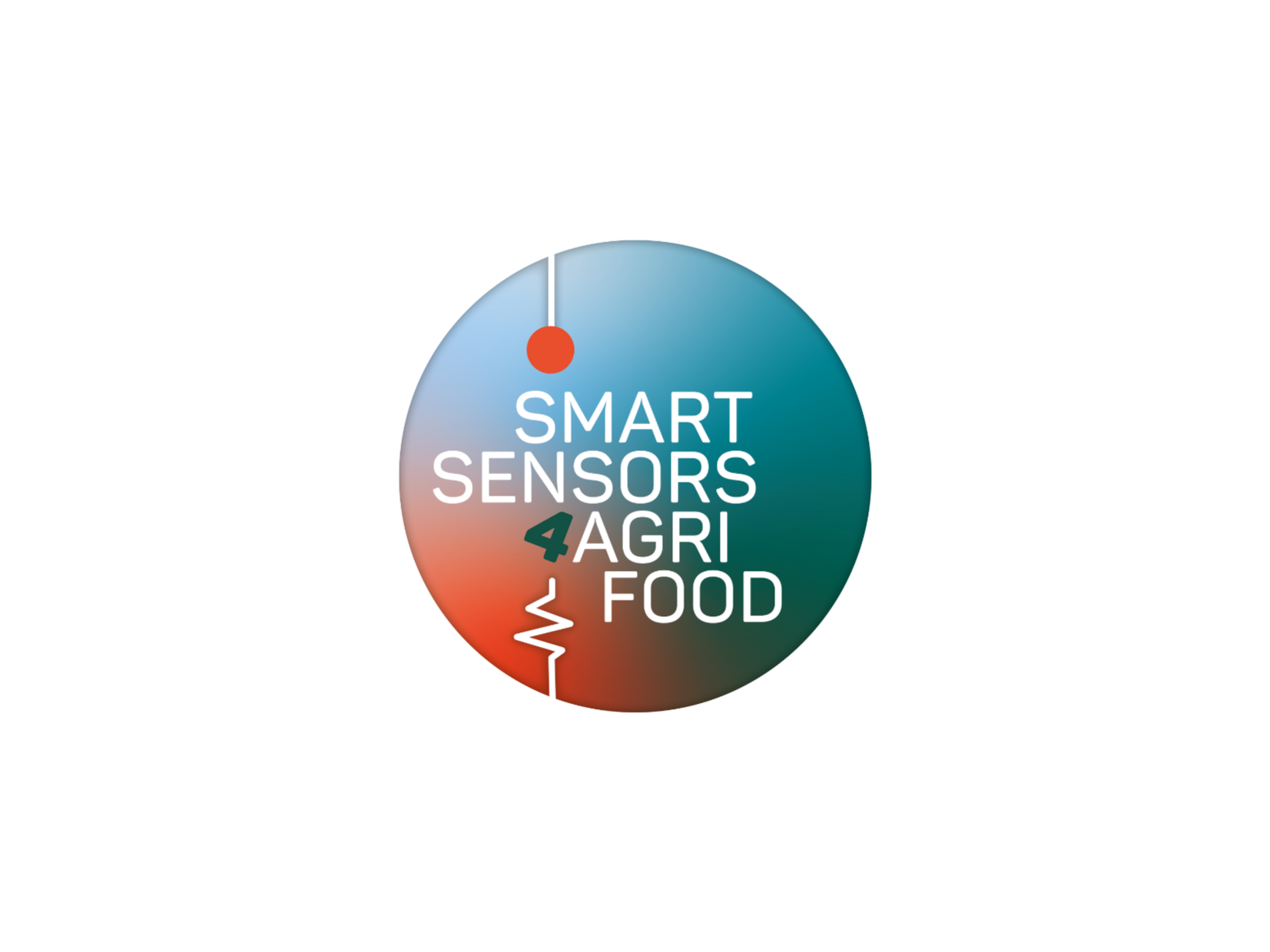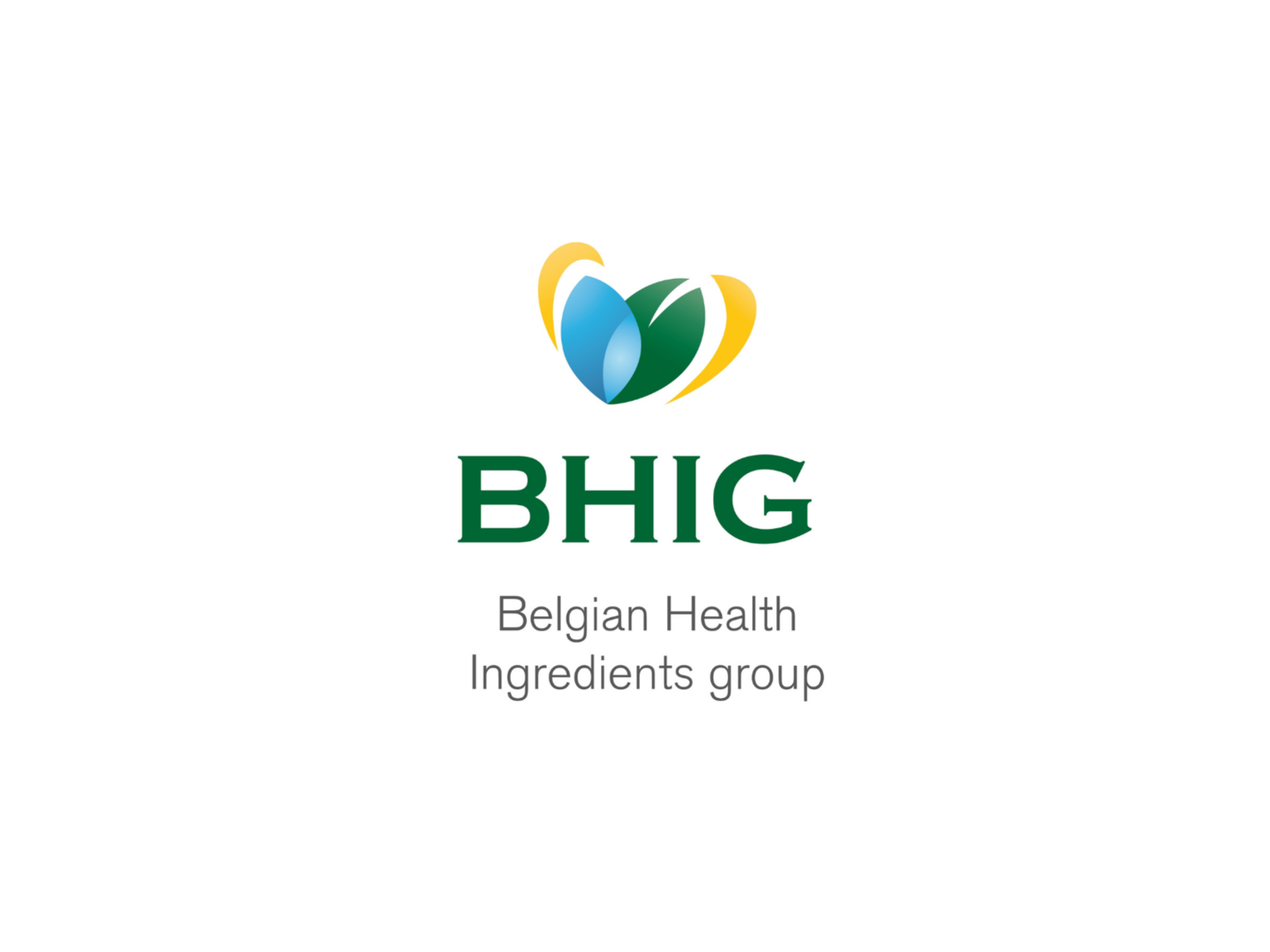Objectives
The main objective of the BACCHUS project is to develop tools and resources that will facilitate the generation of robust and exploitable scientific evidence that can be used to support claims of a cause and effect relationship between consumption of bioactive peptides and polyphenols, and beneficial physiological effects related to cardiovascular health in humans.
To achieve this, the BACCHUS consortium has assembled 12 leading Research & Technological centres and 16 SMEs (with ca 30% of the EC requested contribution allocated to the SMEs). BACCHUS thus contains SMEs directly involved in developing food products and pursuing health claims, experts in health claims legislation and the EFSA review process, and academic and industry partners who provide high quality food and health research that can underpin health claims.
Existing SME-developed products that have clear potential for obtaining favourable opinions for health claims have been selected as test cases for study. These have been aligned with a series of work-packages each of which addresses key aspects of the EFSA health claim evaluation process (legislation and dossiers; product/bioactive characterisation; habitual intakes; bioavailability; mechanisms and biomarkers; clinical trials evidence of health benefit) that will deliver tools, processes and high quality original science.
Scientific results and best practice guidelines will be made publically available and thus support future claims for industry. The scope and completeness of the existing bioactive database (eBASIS) that includes both compositional and biological effects data will be extended and developed as a sustainable tool with various training materials. All outcomes will be disseminated broadly by direct engagement with SMEs via an existing European SME association, with stakeholders via seminars, newsletters and press releases, as well as through traditional scientific routes (high quality publications, and conference presentations).














